Table des matières
隐藏
1. Introduction: The Critical Role of Single Union Ball Valves in Fluid Systems
- Define single union ball valves and their primary function: controlling fluid flow with a quarter-turn handle, featuring one union joint for easy installation/maintenance.
- Highlight the demand for durable, leak-proof valves in industries like manufacturing, plumbing, oil & gas, and water treatment.
- Position the blog as a guide to help buyers identify high-quality valves and avoid common pitfalls (e.g., low-cost, short-lived alternatives).
2. Key Features of a High-Quality Single Union Ball Valve
- Material Excellence for Longevity:
- Common materials (SS304/316, brass, PVC, PTFE) and their suitability for different fluids (corrosive chemicals, water, gas).
- Why premium materials matter: resistance to rust, erosion, and high-temperature/pressure environments.
- Design Elements That Ensure Performance:
- Precision-engineered ball and seat for bubble-tight shutoff (tested to API 607 or ISO 15848 standards).
- Union joint design: leak-proof threaded connections, ease of disassembly for pipe system maintenance.
- Handle ergonomics: corrosion-resistant coatings (e.g., zinc-plated, powder-coated) for smooth operation.
- Certifications and Compliance:
- International standards (ASME, BS EN, NSF) for safety and quality assurance.
- Importance of third-party testing (e.g., SGS, Bureau Veritas) to validate material and pressure ratings.
3. Common Applications: Where Single Union Ball Valves Excel
- Industrial Processes:
- Chemical plants: controlling aggressive fluids with stainless steel valves.
- Food & beverage: hygienic-grade valves (polished surfaces, FDA-compliant seals) for clean-in-place systems.
- Commercial Plumbing & HVAC:
- Residential/commercial water supply: easy isolation of pipe sections during repairs.
- Heating systems: regulating hot water flow in boilers and radiators.
- Oil, Gas, and Energy Sectors:
- Offshore platforms: heavy-duty valves with anti-corrosive coatings for saltwater environments.
- Renewable energy: solar/wind farms requiring valves with high-temperature resistance.
- Case Example: A municipal water utility reduced downtime by 40% using high-quality brass valves with PTFE seats.
4. How to Select the Right Single Union Ball Valve: A Buyer’s Checklist
- Step 1: Define Operational Requirements:
- Fluid type (liquid, gas, slurry), temperature (°C/°F), and pressure (PSI/bar).
- Connection types (NPT, BSP, socket weld, flanged) to match existing pipelines.
- Step 2: Prioritize Quality Over Price:
- Red flags: valves with rough casting, non-certified materials, or vague pressure ratings.
- Cost vs. lifespan: why a $10 valve might cost more long-term due to leaks/failures.
- Step 3: Choose a Trusted Supplier:
- Factory vs. distributor: benefits of sourcing directly from manufacturers (e.g., customizations, lower MOQs).
- Supplier credentials: ISO 9001 certification, years in business, and client testimonials.
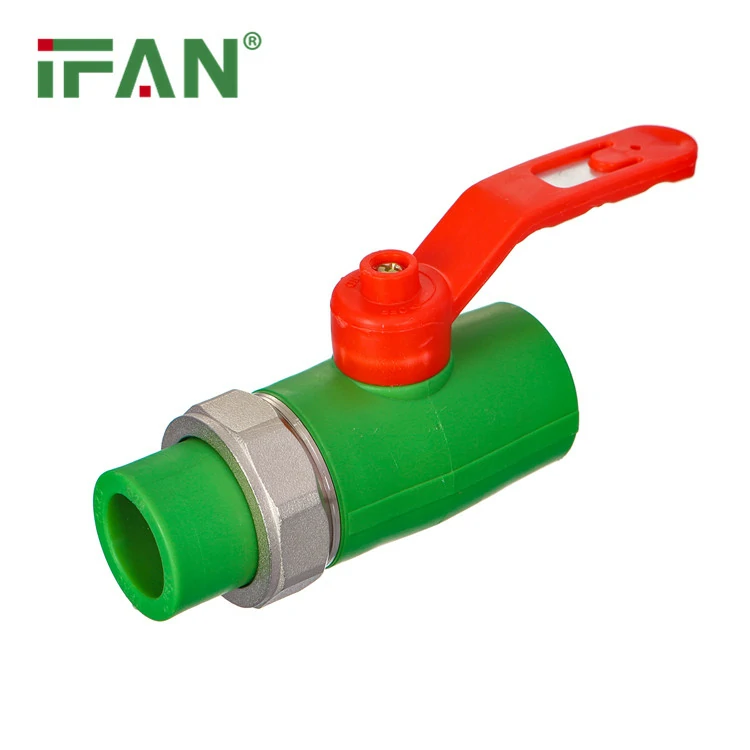
5. Why Partner with a Reputable Manufacturer for Your Valve Needs?
- Advantages of Working with a Factory:
- Customization: Tailored materials, sizes (1/2” to 4”), and finishes (e.g., epoxy coating for marine use).
- Quality Control: In-house testing labs for pressure, torque, and cycle life (e.g., 5,000+ operation cycles).
- Flexible Ordering: Low minimum order quantities (MOQs) for small projects and bulk discounts for large orders.
- Logistics and Support:
- Global shipping with clear documentation (CO, packing lists, certificates of conformity).
- Technical support for installation and troubleshooting (e.g., PDF guides, video tutorials).
6. Ready to Purchase? Key Questions to Ask Your Supplier
- Material certifications for your industry (e.g., NSF for potable water, NACE for sour gas).
- Lead times for standard vs. custom orders.
- Warranty terms (e.g., 1-2 years for manufacturing defects).
- Sample availability: request a free/discounted sample to test compatibility.
7. Call to Action: Source High-Quality Single Union Ball Valves Today
- Recap the blog’s core message: investing in quality valves reduces downtime, maintenance costs, and safety risks.
- Direct readers to take action:
- Visit your website’s product page (link to Single Union Ball Valve category) to explore options.
- Contact your sales team for a quote, customization request, or sample (include a clickable contact form link).
- Download a free PDF guide: “10 Tips for Maintaining Industrial Valves” (offer a lead magnet for email sign-ups).
Conclusion: Quality Valves Are an Investment in System Reliability
- Reinforce that a single union ball valve is not just a component but a critical asset for system efficiency.
- End with a strong value proposition: “Choose durability, choose compliance, choose a supplier that prioritizes your project’s success.”

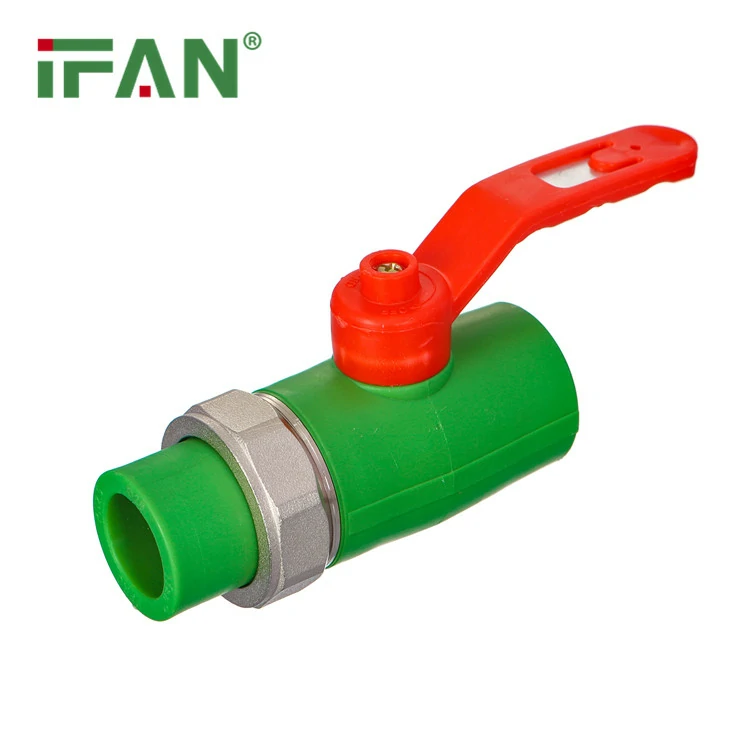
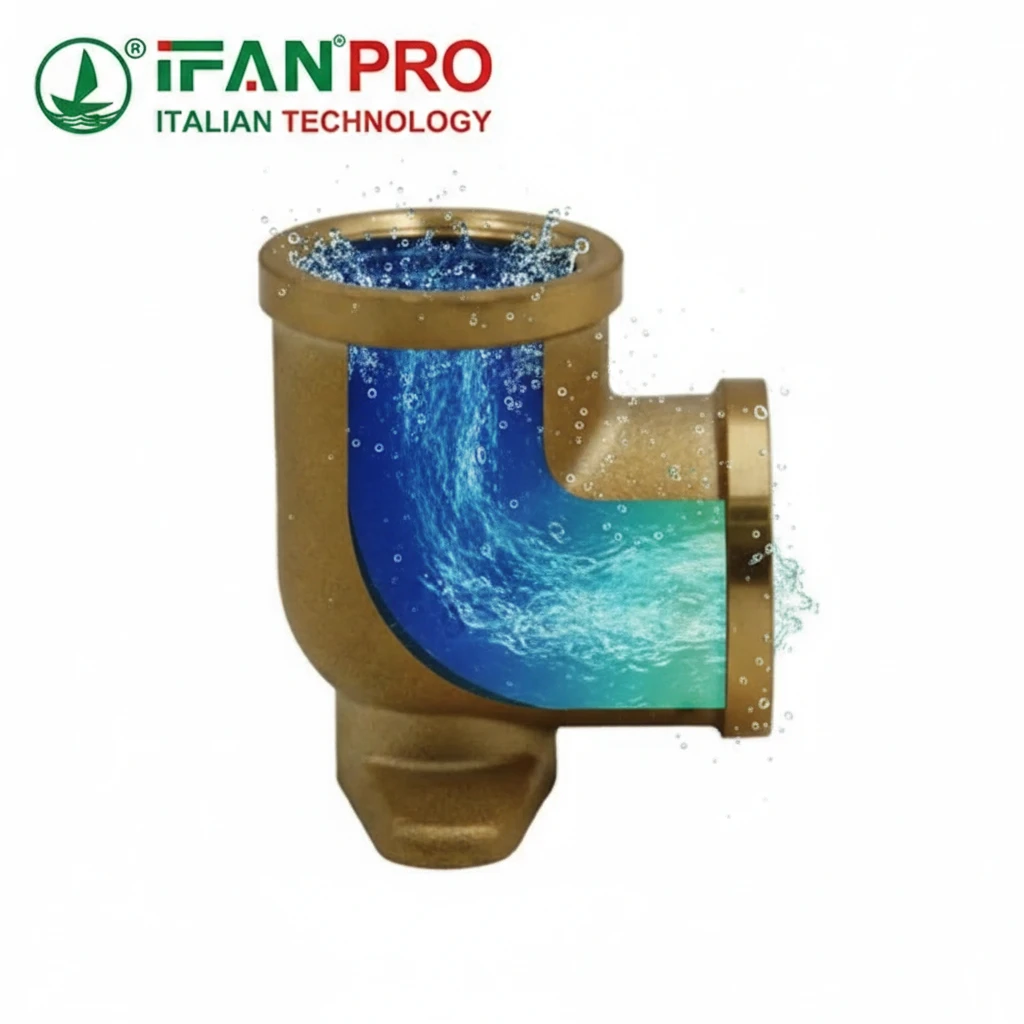
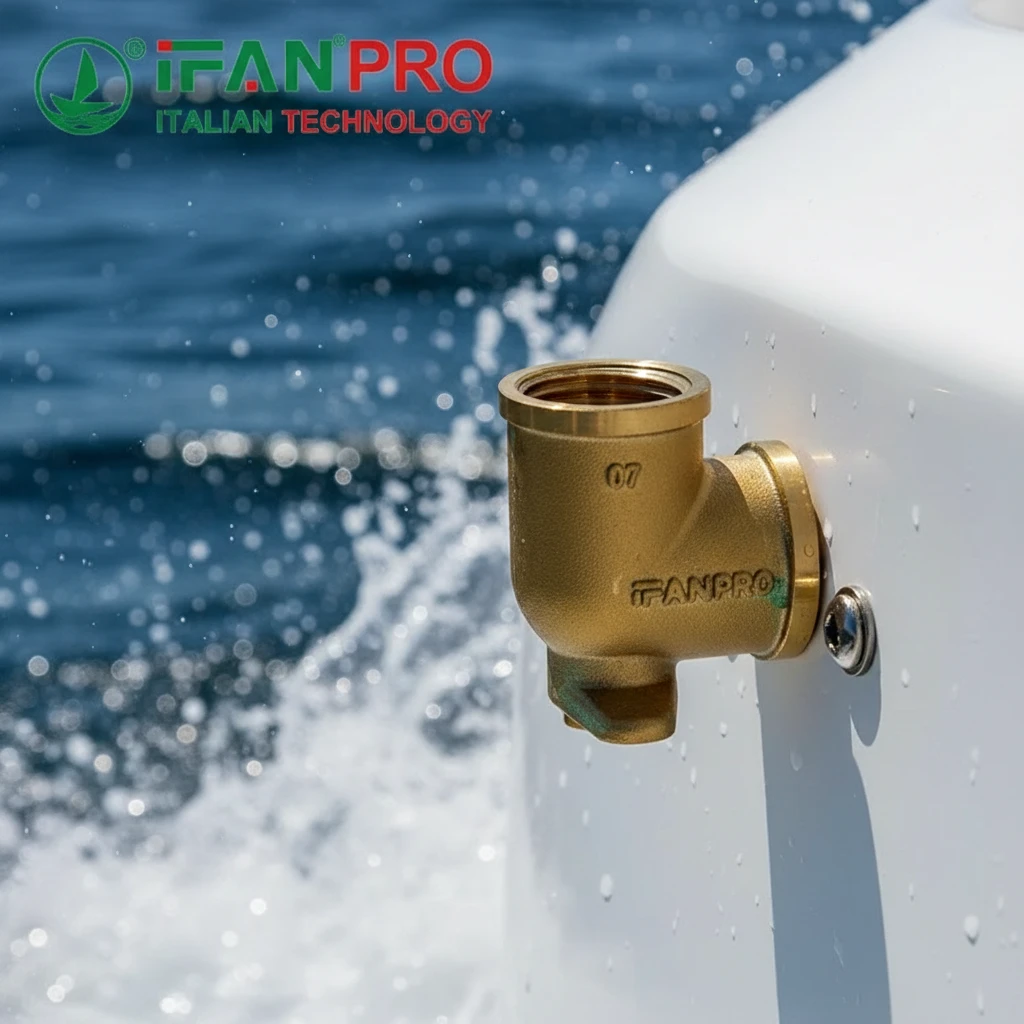
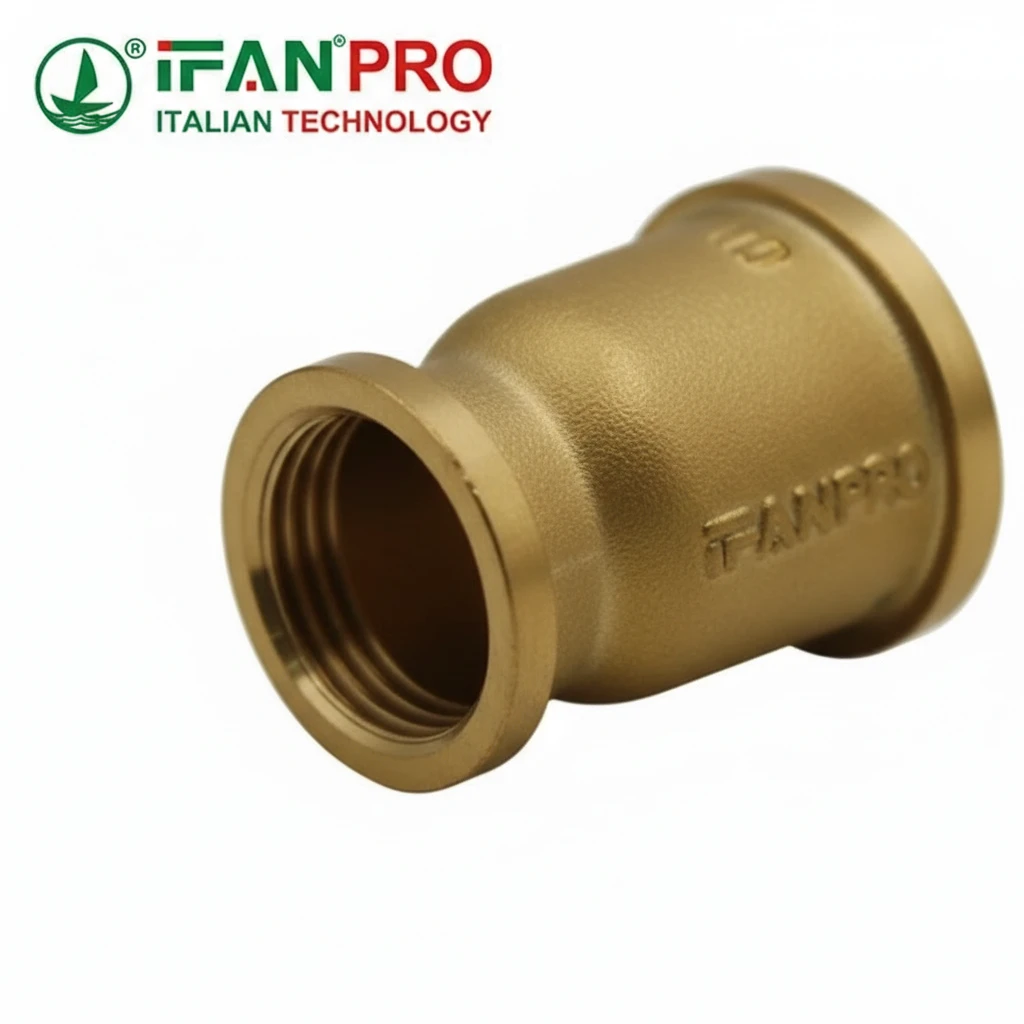









Commentaires récents